Nasa unveils asteroid-busting Hammer probe
Nuclear-armed satellite could save humanity from annihilation by giant space rock
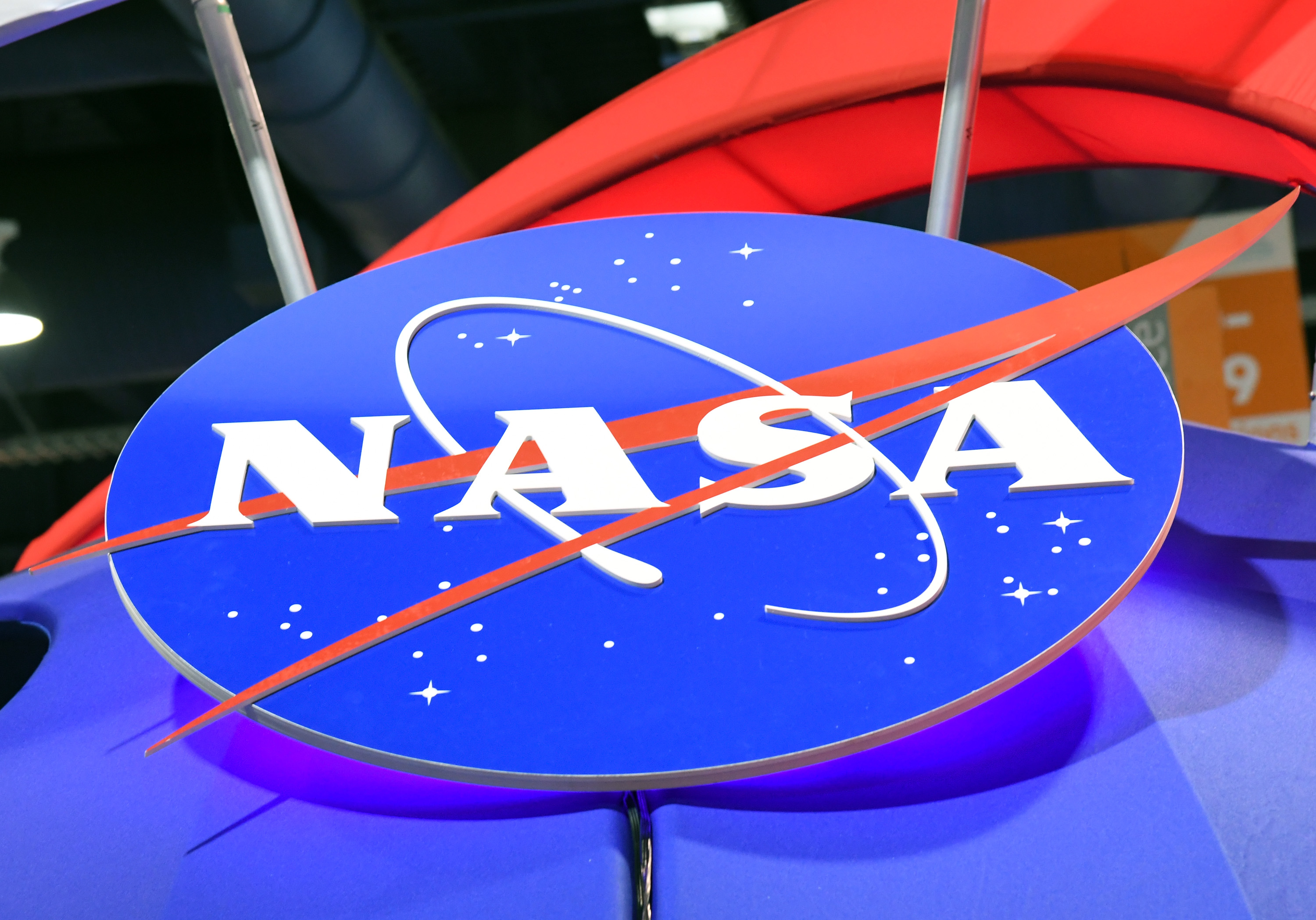
A free daily email with the biggest news stories of the day – and the best features from TheWeek.com
You are now subscribed
Your newsletter sign-up was successful
Nasa has announced plans to develop a nuclear-armed satellite capable of saving the world from massive rogue asteroids like the one that wiped out the dinosaurs.
The spacecraft, referred to as the Hammer (Hypervelocity Asteroid Mitigation Mission for Emergency Response), is kitted out with a nuclear warhead to blow up asteroids that might pose a threat to human existence.
If the event of an asteroid being spotted heading towards Earth, Nasa, in partnership with the National Nuclear Security Administration (NNSA), plan to employ one of two tactics to prevent an impact, Futurism reports.
The Week
Escape your echo chamber. Get the facts behind the news, plus analysis from multiple perspectives.

Sign up for The Week's Free Newsletters
From our morning news briefing to a weekly Good News Newsletter, get the best of The Week delivered directly to your inbox.
From our morning news briefing to a weekly Good News Newsletter, get the best of The Week delivered directly to your inbox.
For smaller space rocks, the Hammer will use an 8.8-tonne “impactor” to deflect the object, says the science and tech website. Asteroids that are too big to nudge off course will be destroyed using the satellite’s nuclear bomb.
According to Tech Times, the US space agency decided to begin development of the probe in case the village-sized Bennu asteroid, which was discovered in 1999, starts on a collision course with Earth.
Although there is only a one in 2,700 chance of it entering our atmosphere, in 2135, Nasa wants to have a plan in place in the event of an emergency.
Scientists warn there are “countless” undetected objects in space that could threaten life on Earth, the Daily Mail reports.
A free daily email with the biggest news stories of the day – and the best features from TheWeek.com
Researchers from Nasa and the NNSA will present their research on project Hammer at the Catastrophic Disruption in the Solar System workshop in Kobe, Japan, in May.
-
 The world’s most romantic hotels
The world’s most romantic hotelsThe Week Recommends Treetop hideaways, secluded villas and a woodland cabin – perfect settings for Valentine’s Day
-
 Democrats push for ICE accountability
Democrats push for ICE accountabilityFeature U.S. citizens shot and violently detained by immigration agents testify at Capitol Hill hearing
-
 The price of sporting glory
The price of sporting gloryFeature The Milan-Cortina Winter Olympics kicked off this week. Will Italy regret playing host?
-
 Data centers could soon be orbiting in space
Data centers could soon be orbiting in spaceUnder the radar The AI revolution is going cosmic
-
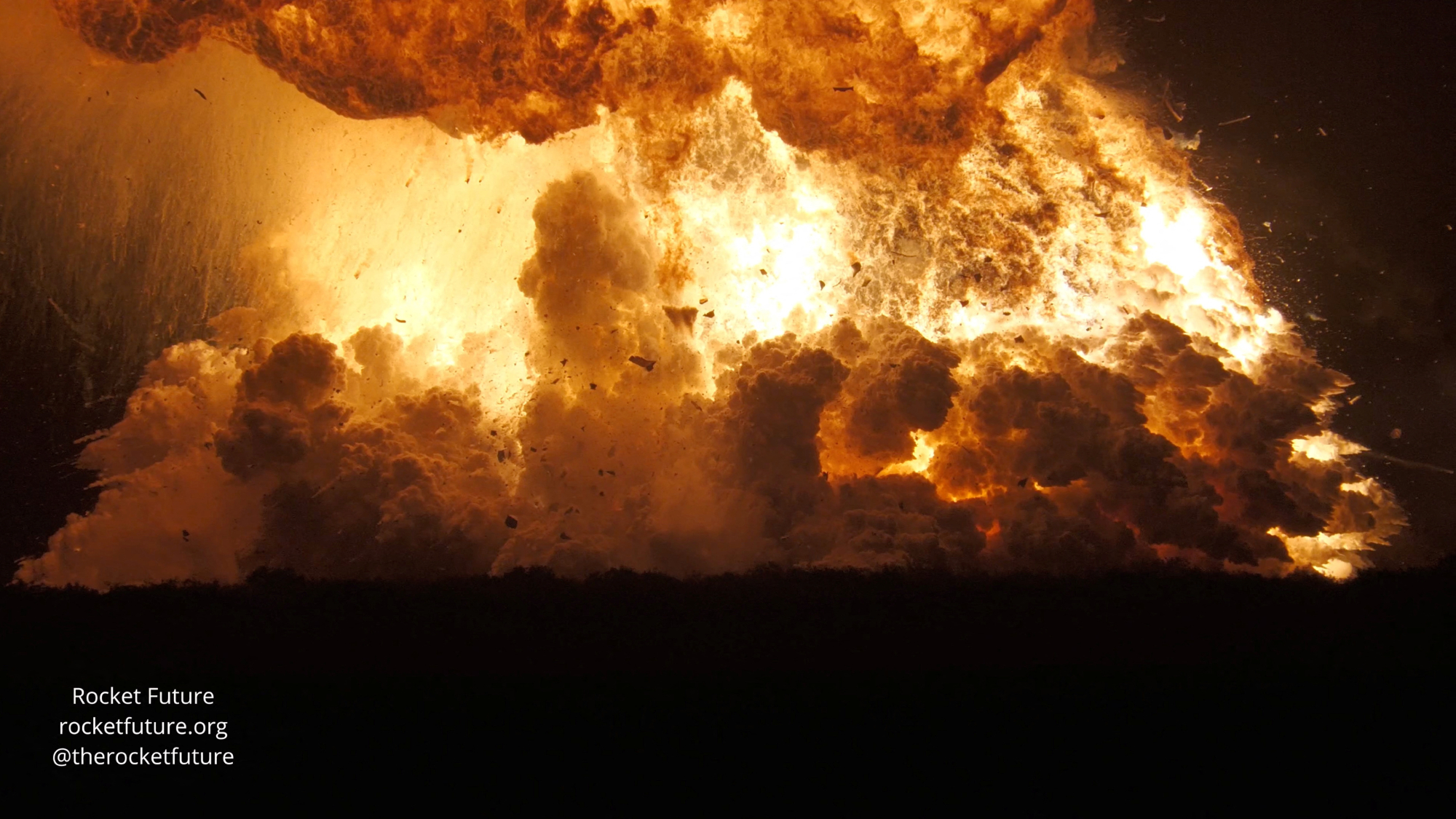 Another Starship blast sets back Musk's Mars hopes
Another Starship blast sets back Musk's Mars hopesSpeed Read Nobody was killed in the explosion, which occurred in south Texas
-
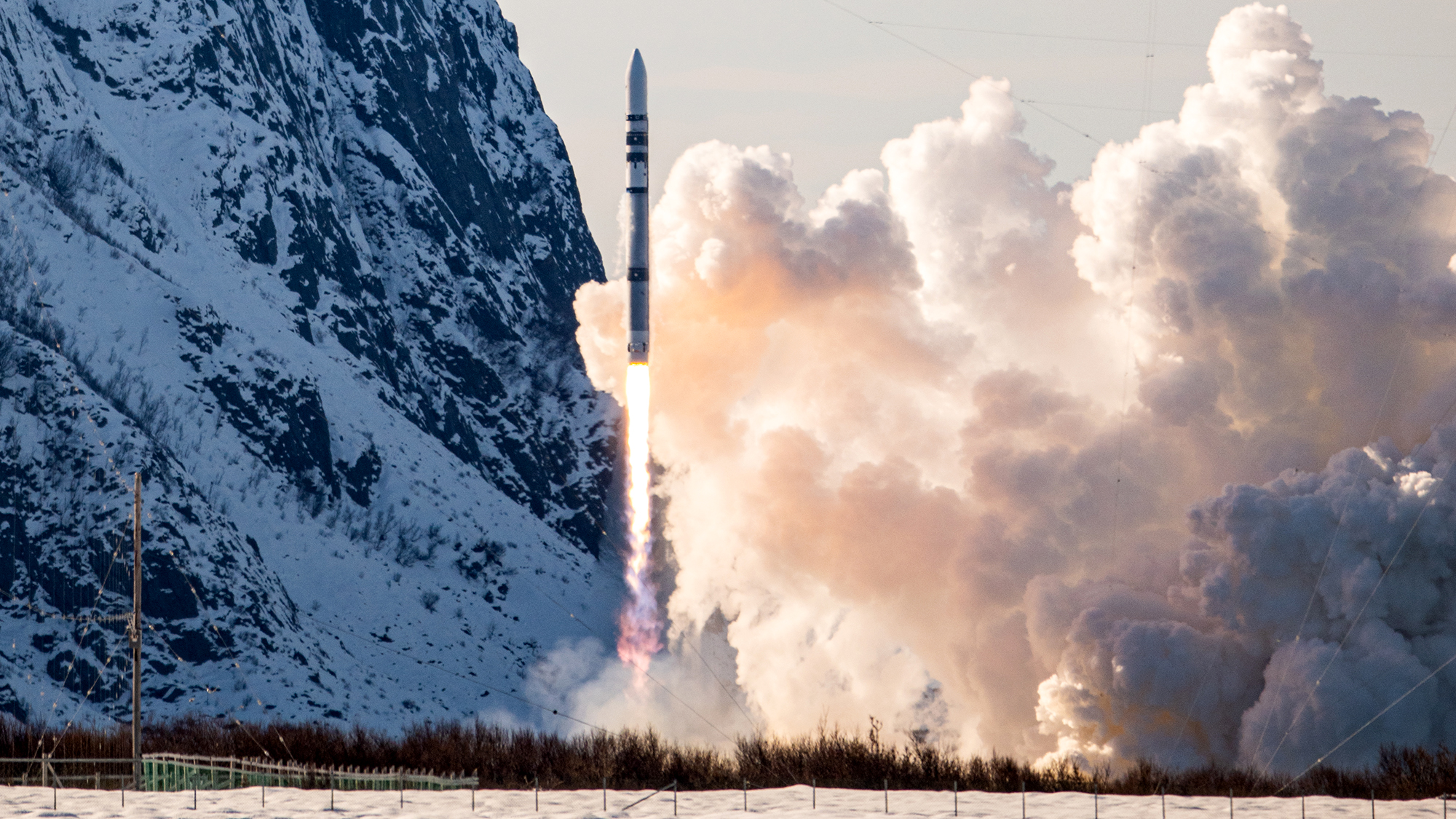 Test flight of orbital rocket from Europe explodes
Test flight of orbital rocket from Europe explodesSpeed Read Isar Aerospace conducted the first test flight of the Spectrum orbital rocket, which crashed after takeoff
-
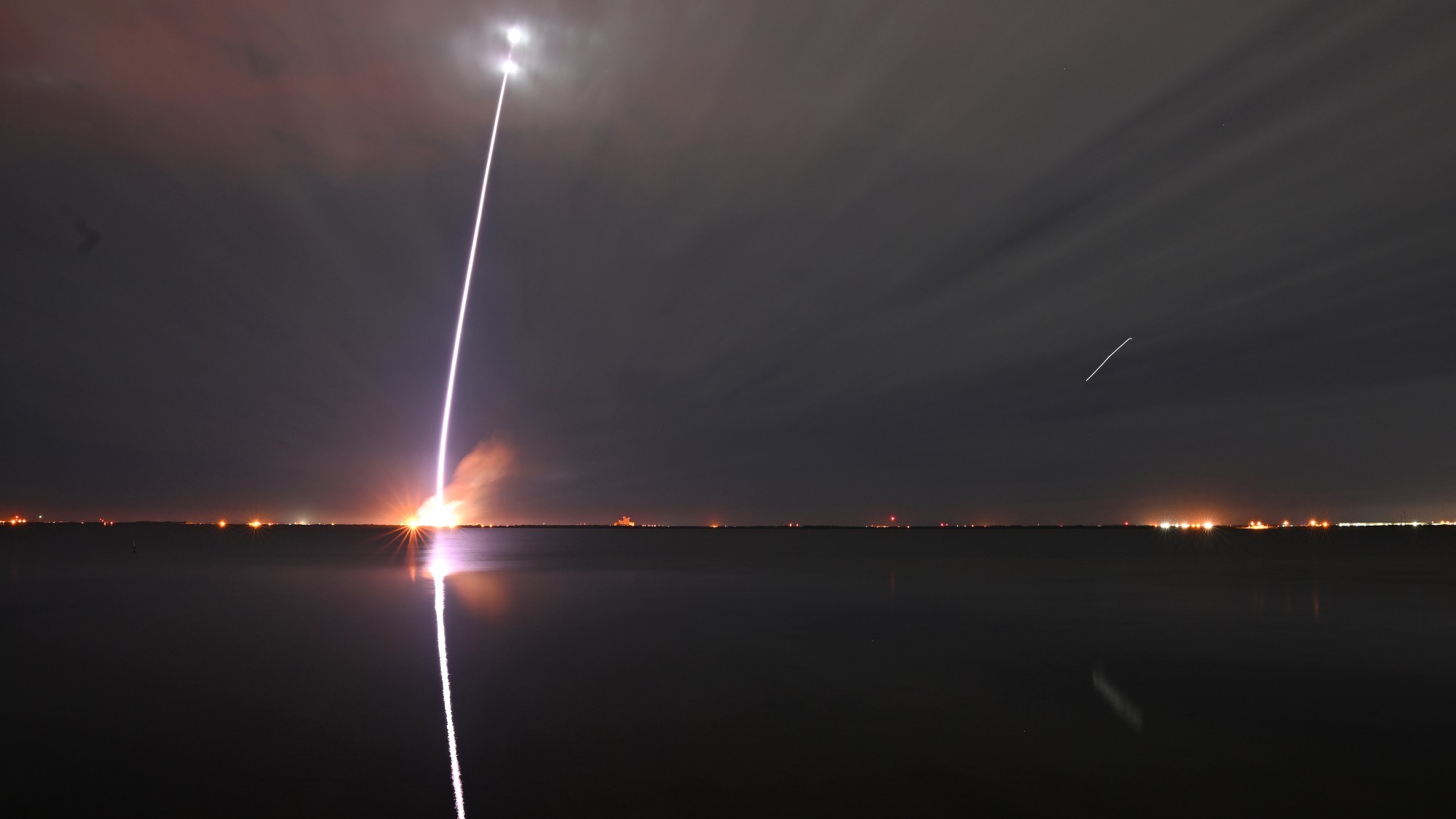 Jeff Bezos, Elon Musk and the billionaire space race
Jeff Bezos, Elon Musk and the billionaire space raceThe Explainer Tesla CEO and Amazon founder vie for dominance of satellite launch market and could influence Nasa plans to return to Moon
-
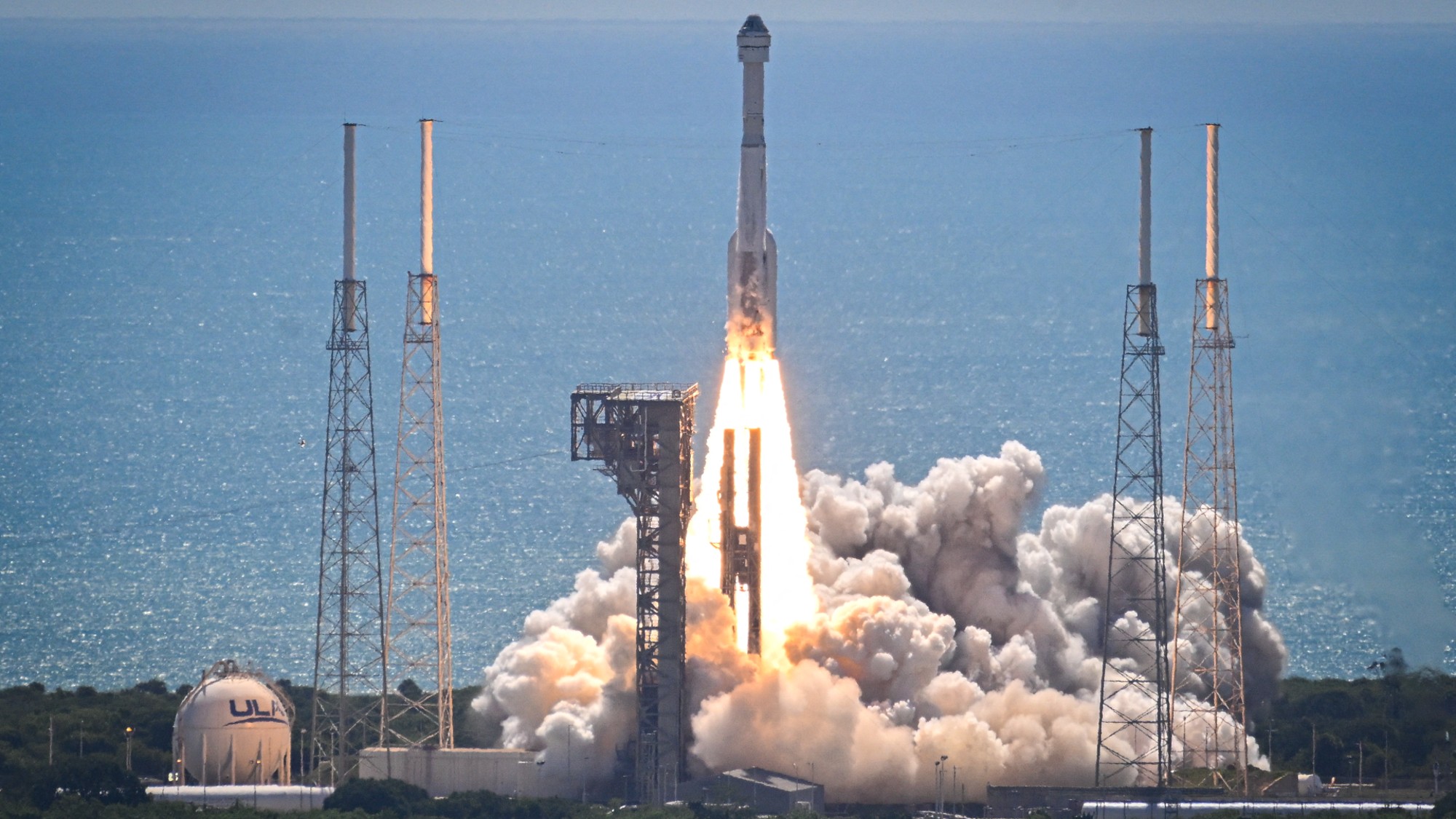 Starliner: What went wrong?
Starliner: What went wrong?Today's Big Question Boeing spacecraft has had a 'long, difficult road'
-
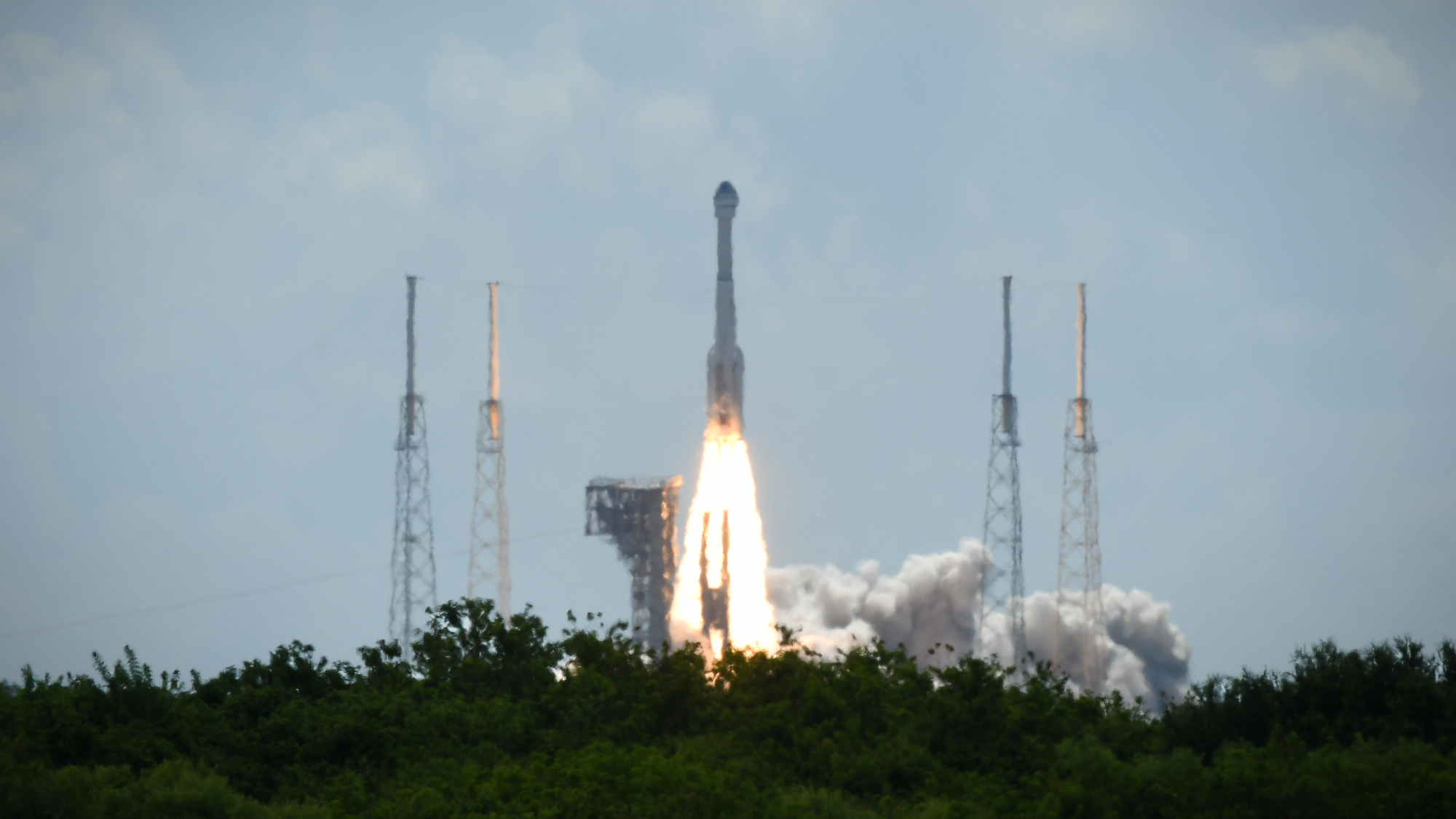 Boeing, SpaceX successfully test key rockets
Boeing, SpaceX successfully test key rocketsSpeed Read Boeing’s Starliner docked at the ISS and SpaceX completed its fourth test launch of its Starship spacecraft
-
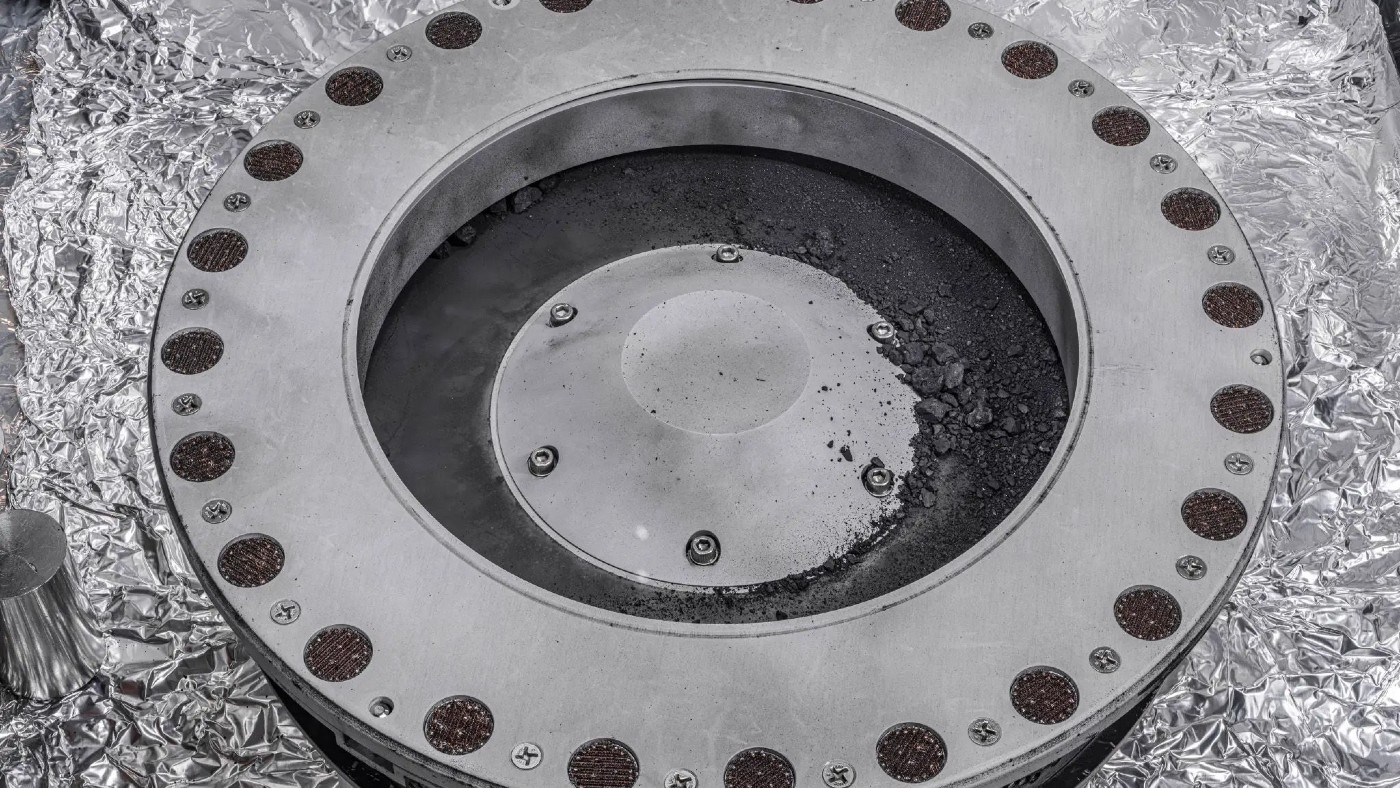 Nasa reveals first findings from asteroid that could explain origins of life
Nasa reveals first findings from asteroid that could explain origins of lifeSpeed Read Sample from Bennu has been found to contain an abundance of water and carbon
-
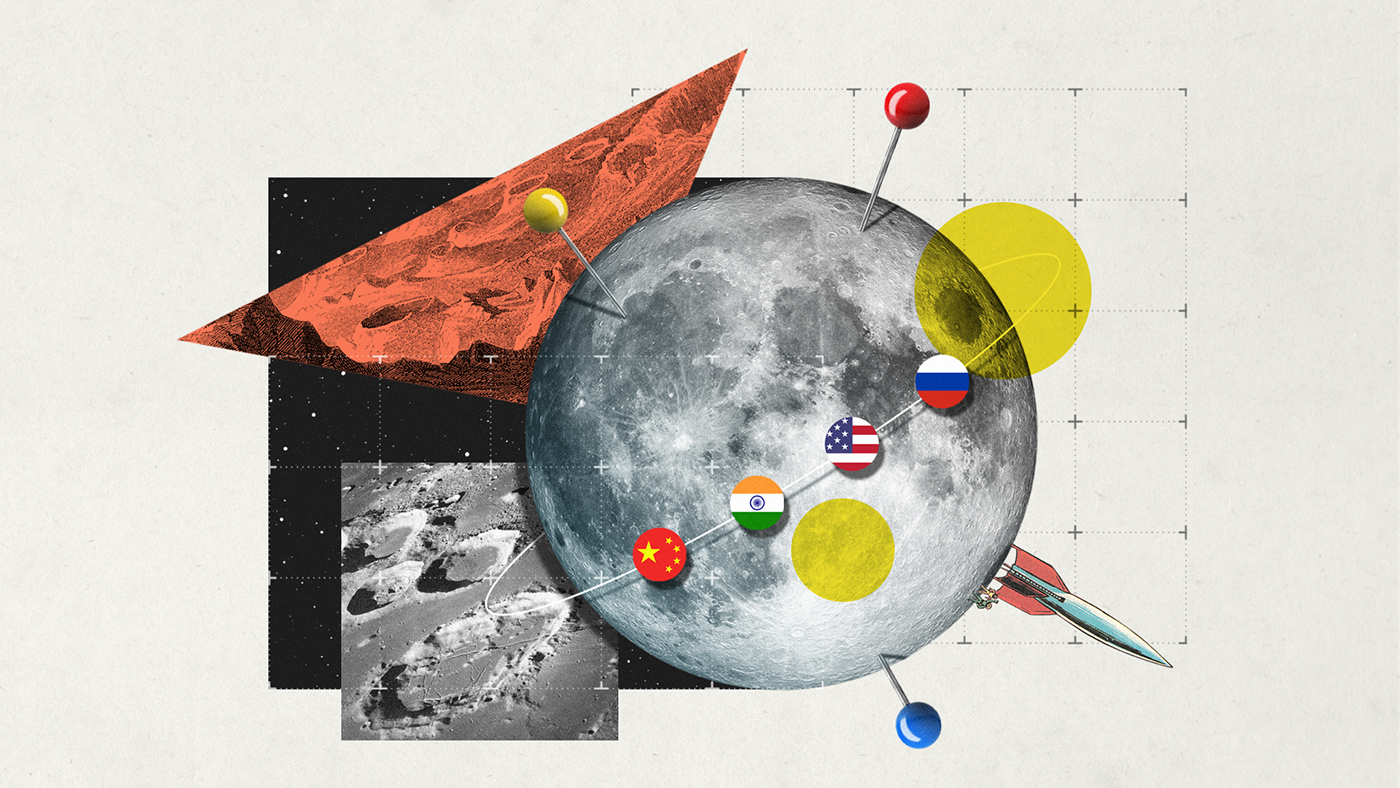 Dark side of the Moon: will the race to lunar South Pole spark conflict?
Dark side of the Moon: will the race to lunar South Pole spark conflict?Today's Big Question Russia and India are competing for the ‘new lunar gold’ – but real contest will be between the US and China